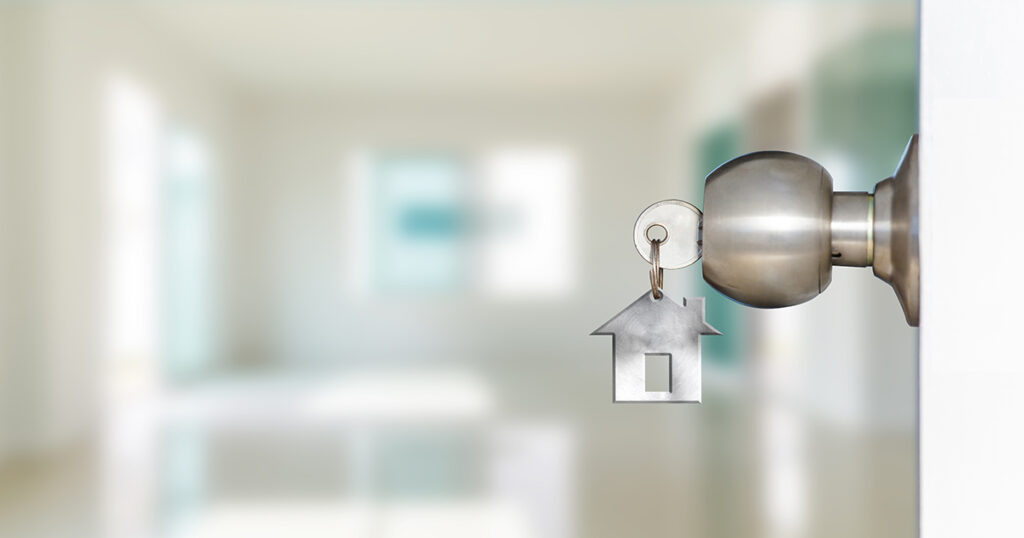Historical Context
According to some historians, real estate open houses, or similar concepts date back as early as the 1910s. Then called an “open for inspection,” event, buyers would open their homes to the public so that interested parties could step inside and inspect the home’s features. Over the next 20-30 years, a variation of this practice continued with the introduction of real estate agents using open houses as marketing tools.
By the 1950s, the term “open to inspection,” had evolved into “open house,” with a designated day of the week, usually Sundays, set aside to allow prospective buyers to view a home for sale and then conduct official business on other days of the week to uphold Blue Laws. Over the next several decades through the present day, this marketing strategy has proven effective with the aid of refreshments, home staging, and online virtual open houses.
Purpose
According to Quicken Loans, “An open house provides a chance for aspiring homeowners to walk through the property on their own or guided by an agent to see if it’s a property that they want to make an offer on. These tours provide prospective buyers with more time to leisurely view the home and its surroundings than one-on-one showings do.”
However, with the rise of technology and the impact of the global pandemic, you may be wondering, are open houses becoming a thing of the past?
Data shows that more and more of today’s buyers are plugged in online and can glean nearly all the information they need to purchase a home without ever setting foot inside. Not only can physically opening up your home for an open house be a costly and time-consuming venture, some experts say that in recent years, only 7% of homes sold from open houses.
Downsides and Deterrents
Some specific downsides to having an open house include the need to constantly keep the home in pristine, clean condition; finding a place for your family and pets to stay away while guests come to the home; potential for theft; monetary costs for food, candles/fragrances; and most recently, health risks associated with high traffic of strangers inside your home.
Many argue that open houses mostly only benefit real estate professionals anyway. Marketed as an effective way to sell your home, many real estate pros use this as an opportunity to be in the right place at the right time when it comes to those underrepresented buyers who may walk through your home.
Additionally, a 2014 study shared by Real Estate Magazine claims that “lookie-loos,” (think nosey neighbors or those just curious to see how your home is decorated) make up a majority of the foot traffic in most open houses. Most truly serious buyers will contact an agent directly to set up a personal showing.
The Bottom Line
The bottom line: with the current state of online tools such as apps to aid in home research as well as home aggregator websites that feature professional aerial videography and photography, the true need for weekend open houses seems to be disappearing.
If your real estate professional isn’t pushing you to do an open house, don’t worry. It simply means that they are keeping with the times and using more effective marketing tools to get your home sold safely and quickly, ultimately looking out for you, the seller.



